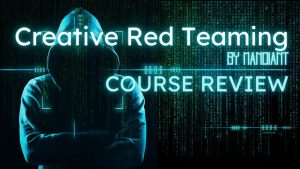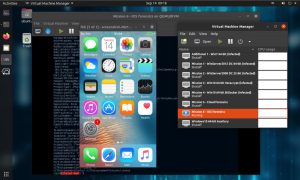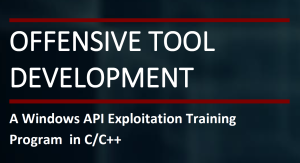
FOR585 is continuously updated to keep up with the latest malware, smartphone operating systems, third-party applications, acquisition shortfalls, extraction techniques (jailbreaks and roots) and encryption. It offers the most unique and current instruction to arm you with mobile device forensic knowledge you can immediately apply to cases you’re working on the day you get back to work.
FOR585.1: Smartphone Overview, Fundamentals of Analysis, SQLite Introduction, Android Forensics Overview, and Android Backups
FOR585.2: Android Forensics
FOR585.3: iOS Device Forensics
FOR585.4: iOS Backups, Malware and Spyware Forensics, and Detecting Evidence Destruction
FOR585.5: Third-Party Application Analysis
FOR585.6: Smartphone Forensic Capstone Exercise











